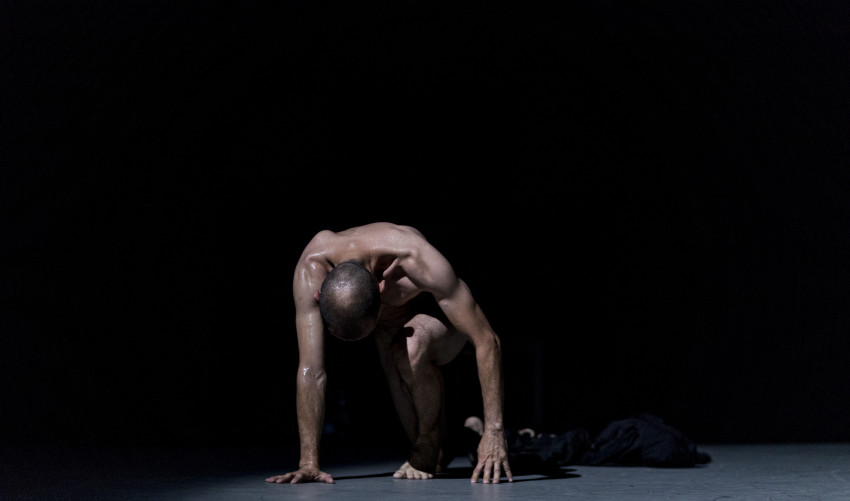Support your back by training well
One of the most common injuries suffered by those who train regularly is back pain.
Back pain: Just the mention of the two words together is likely to prompt wincing in those who have suffered from it as a result of training (or indeed for any reason). Back pain can be debilitating, cause great discomfort and can continue for years.
It is, without doubt, something to be avoided!
When we are young, and particularly as teenagers, we are encouraged to be active (or at least should be).
But then life changes once we start working. The innocence of childhood is gone at this point in our lives and we also start to discover that our bodies no longer recover so well after a Saturday night out drinking and partying with friends as it once used to.
Of course, the difference between our childhood and our adult life is that we take on more responsibilities as we get older (paying our rent, going to work, managing our relationships). Our priorities change us, the way we live our lives also changes us and the way we look and feel.
Throughout our life journey our back is as important as that of our heart or our brain in enabling us to act responsibility, fulfil our obligations and to make the right decisions when we need to. When we exercise (and particularly when we exercise regularly) taking care of our back, and warming it up properly before putting pressure on it, is crucial to maintaining our long-term health and fitness.
This is particularly important in the context of our work/life balance, which can tend towards regular periods of immobility. At work we often sit down a great deal and undertake tasks with poor posture.
When we do so we affect the position of our neck, which is in tune with the rest of our vertebra column. If bad posture continues for long periods of time it can have a debilitating effect on our health, partly because the effects of such poor posture can take time to be felt.
It can take years of accumulated bad habits to damage your back, for example, but once that damage is done it can be very difficult to reverse the effects of it.
So, when at the gym do not avoid these two vital areas; the legs and the back!
the most common causes of injury
We will look at the legs (in a manner of speaking) in another blog entry, but as far as back care is concerned, the most common causes of injury to be aware of are:
1. An obvious one (and still people tend to do it a lot) is overtraining. Training your body every day is not a solution to anything. When your body is tired and likely to be subject of injury, it very probably will be.
2. Lifting too much weight. The more weight you lift the more pressure you will exert on your joints. Lift too much and your joints quite simply will not be able to cope.
3. Bad posture or bad technique. Same outcome - probable injury through muscle weakness and imbalance.
The best ways to avoid back injury:
1. If have never undertaken sporting activity, it is vitally important to start with light weights AND lots of repetitions. You are teaching your body something new. So, give it time to assimilate the information!
2. Buy suitable sports shoes. Look for quality over fashion (or both together!) as you need proper support from the ground up to protect your spine.
3. Prepare to train before you up the ante. When you start training privilege a low impact cardiovascular workout (skipping, big movement exercises involving all your muscles, that kind of thing), then ,move on to gentle loosening exercises, then dynamic stretching, then specific sport exercises.
This is perhaps what I think is the most important principle here, which is to graduate, graduate, graduate in your training (or to put it another way, to build it up your fitness over time).
Understand and respect your body, protect it, prepare to train and then train well and your back will thank you for your endeavours.
As will your loved ones and, indeed, your doctor.
FΩRMIdea London, 28th January 2016.
By Julien Bertherat
Follow Julien on his great blog




